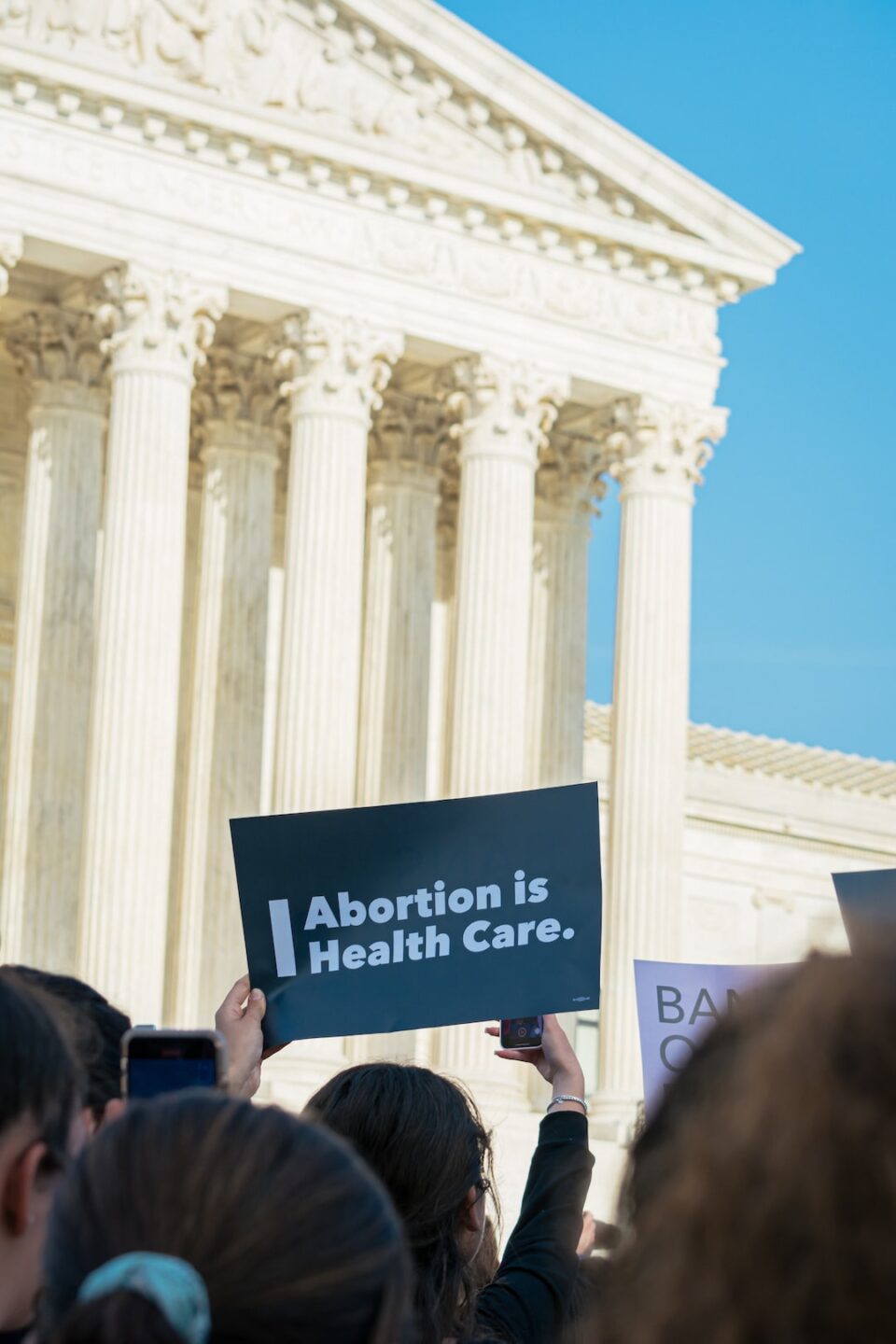Legal Implications of Medical Marijuana: State vs. Federal Laws
Marijuana has been a controversial topic for many years, with debates surrounding its legalization and use for medicinal purposes. While some states have embraced medical marijuana as a viable treatment option, the conflict between state and federal laws has created significant legal implications for individuals and businesses involved in the medical marijuana industry.
The legalization of medical marijuana at the state level has gained momentum in recent years, with a majority of states now allowing its use under specific circumstances. These laws have been enacted to provide relief to patients suffering from chronic pain, epilepsy, cancer, and other debilitating conditions. Proponents argue that medical marijuana can be a safe and effective alternative to traditional pharmaceutical drugs, and that patients should have the right to access this treatment if they so choose.
However, the conflict arises when considering the federal laws surrounding marijuana. Under the federal Controlled Substances Act, marijuana is classified as a Schedule I drug, which means it is considered to have a high potential for abuse and has no accepted medical use. This classification puts medical marijuana at odds with federal regulations, making it illegal to possess, cultivate, or distribute the drug under federal law, regardless of state laws.
The legal implications of this conflict are far-reaching. For individuals, it means that even if they are legally using medical marijuana in their state, they could still be subject to federal prosecution. This has led to scenarios where patients who are following state laws and using medical marijuana to manage their conditions are still at risk of being arrested, fined, or even imprisoned by federal authorities.
Another important consideration is the impact on businesses in the medical marijuana industry. While state laws may allow for the cultivation, processing, and distribution of medical marijuana, federal law prohibits any involvement in these activities. This creates a complex legal landscape for businesses, making it difficult to navigate the industry without fear of federal intervention.
One notable example of this conflict is the banking restrictions placed on the medical marijuana industry. Due to federal laws, banks are hesitant to provide services to businesses involved in the cultivation and distribution of marijuana, even in states where it is legal. This forces many medical marijuana businesses to operate on a cash-only basis, posing significant risks to both their security and ability to function efficiently.
Moreover, the conflicting laws also pose challenges for researchers and medical professionals interested in studying the potential benefits and risks of medical marijuana. Federal restrictions make it difficult to conduct research and obtain funding for studies, hampering scientific progress in understanding the full potential of this treatment option.
In recent years, there have been some measures taken at the federal level to address this conflict. The Rohrabacher-Farr amendment, for example, prohibits the Department of Justice from using federal funds to interfere with the implementation of state medical marijuana laws. However, this amendment must be renewed annually, leaving the industry vulnerable to sudden changes in federal enforcement priorities.
In conclusion, the legal implications of medical marijuana are a complex and evolving issue, with state and federal laws in conflict. While state laws have provided patients with access to medical marijuana as a treatment option, the federal government still classifies marijuana as an illegal drug. This discrepancy creates significant legal challenges for individuals, businesses, researchers, and medical professionals involved in the medical marijuana industry. Until there is greater alignment between state and federal laws, the conflict will continue to hinder progress in providing safe and effective medical treatments to those in need.

